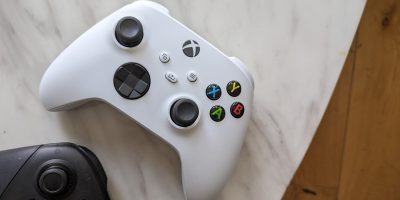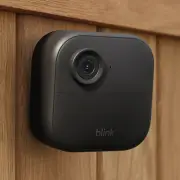Encryption for privacy is an important aspect of having a personal device that you carry with you throughout your day-to-day life, but the encryption we rely on to keep our data private is stymying the FBI’s investigation into the man who entered a Texas church and murdered 26 people.
This is something we’ve seen before as the FBI asked Apple to co-operate with them last year in order to unlock the San Bernardino shooter’s phone. The phone in question during that case was an iPhone, but the FBI has refused to reveal the type of phone used by the Texas shooter because they don’t want to “promote security capabilities” of that particular phone in general.
FBI official, citing encryption tech, says federal agents have not been able to access the Texas shooter's phone https://t.co/CacbcOGFxq
— NBC News (@NBCNews) November 7, 2017
Special agent Christopher Combs is leading the investigation and said, “With the advance of the technology and the phones and the encryption, law enforcement at state, local, and federal levels are increasingly not able to get into these phones.” So far, the device has been transported back to the FBI headquarters in Quantico, Virginia for analysis.
Last year it was confirmed that the FBI paid more than $900,000 for a tool to unlock the San Bernardino shooter’s iPhone, so it wouldn’t surprise me if another bounty is put on this device in order to gain access to the Texas church shooter’s last communications. Apple and Google both have refused to co-operate in cases like this, drawing ire from Republican lawmakers and politicians like Trump.










Comments